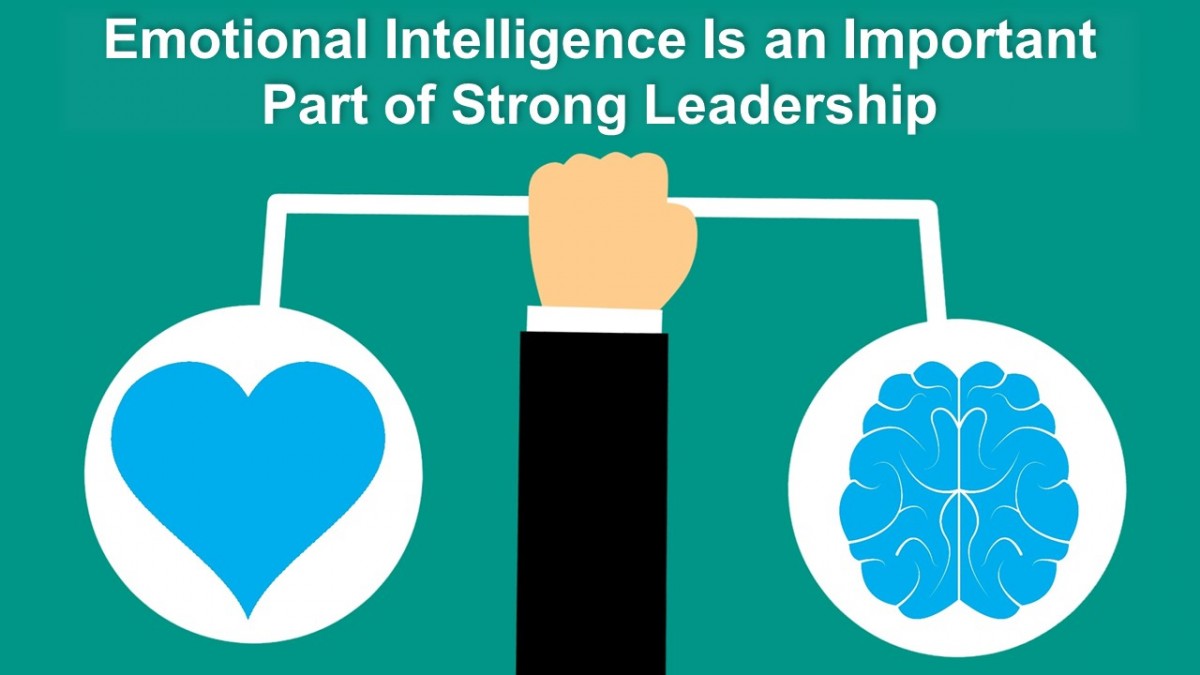Mastering Emotional Intelligence for Better Leadership
In the fast-paced and ever-evolving world of business, effective leadership is crucial for the success of any organization. While technical skills and experience are important, one of the key factors that sets great leaders apart is their emotional intelligence. Emotional intelligence, often referred to as EQ, is the ability to recognize, understand, and manage both your own emotions and the emotions of others.
When it comes to leadership, emotional intelligence plays a crucial role in building strong relationships, fostering a positive work environment, and making sound decisions. Leaders who possess high emotional intelligence are better equipped to handle the challenges that come their way, inspire and motivate their team members, and navigate through difficult situations with grace and composure.
One of the key components of emotional intelligence is self-awareness. Leaders who are self-aware have a deep understanding of their strengths, weaknesses, and emotions. They are able to recognize their own triggers and manage their reactions effectively. Self-aware leaders are also open to feedback and willing to reflect on their actions, which allows them to continuously grow and improve.
Another important aspect of emotional intelligence is empathy. Empathetic leaders are able to put themselves in the shoes of others, understand their perspectives, and respond with compassion. By showing empathy towards their team members, leaders can build trust, strengthen relationships, and create a supportive work environment where everyone feels valued and understood.

Image Source: businessleadershiptoday.com
Furthermore, emotional intelligence enables leaders to effectively manage conflicts and resolve disputes in a constructive manner. Leaders who are skilled in emotional intelligence are able to remain calm under pressure, listen actively to different viewpoints, and find solutions that benefit everyone involved. By approaching conflicts with empathy and understanding, leaders can foster a culture of collaboration and teamwork within their organization.
Additionally, emotional intelligence is essential for effective communication. Leaders who are emotionally intelligent are able to communicate clearly, listen attentively, and convey their message in a way that resonates with their team members. They are able to adapt their communication style to suit the needs of different individuals and build strong connections based on mutual respect and understanding.
In conclusion, mastering emotional intelligence is essential for better leadership. Leaders who possess high emotional intelligence are able to build strong relationships, foster a positive work environment, and make sound decisions that benefit both their team members and the organization as a whole. By developing their emotional intelligence skills, leaders can enhance their effectiveness, inspire their team members, and drive success in today’s competitive business landscape.
The Key to Success: Emotional Intelligence in Leadership
In the fast-paced and ever-changing world of business, effective leadership is crucial for the success of any organization. While technical skills and experience are important, one key factor that sets great leaders apart is their emotional intelligence. Emotional intelligence, often referred to as EQ, is the ability to recognize, understand, and manage our own emotions as well as those of others. In the context of leadership, emotional intelligence plays a crucial role in building strong relationships, inspiring others, and driving results.
Leaders with high emotional intelligence are able to connect with their team members on a deeper level, creating a sense of trust and mutual respect. They are empathetic and can understand the emotions and perspectives of others, which helps them to communicate effectively and resolve conflicts in a constructive manner. By showing empathy and compassion, leaders can foster a positive work environment where team members feel valued and supported.
Additionally, emotional intelligence is essential for making sound decisions and solving problems effectively. Leaders who are in tune with their emotions are better able to manage stress and remain calm under pressure, enabling them to think clearly and make rational decisions even in challenging situations. By being self-aware and self-regulated, leaders can prevent their emotions from clouding their judgment and maintain their composure when faced with adversity.
Moreover, emotional intelligence is crucial for inspiring and motivating others to achieve their full potential. Leaders who are able to connect emotionally with their team members can inspire them to go above and beyond, fostering a culture of innovation, creativity, and continuous improvement. By showing genuine care and interest in the well-being of their team, leaders can create a sense of purpose and belonging that motivates employees to work towards common goals.
In today’s increasingly diverse and globalized workplace, emotional intelligence is also essential for building strong cross-cultural relationships and leading diverse teams effectively. Leaders who are emotionally intelligent are able to adapt their communication and leadership style to different cultural norms and individual preferences, creating an inclusive and respectful work environment where everyone feels valued and understood.
Furthermore, emotional intelligence is key for building resilience and navigating change successfully. In a rapidly evolving business landscape, leaders must be able to adapt to new challenges and uncertainties with grace and confidence. By developing their emotional intelligence, leaders can cultivate a growth mindset, embrace change as an opportunity for learning and growth, and inspire their team members to do the same.
In conclusion, emotional intelligence is the key to success in leadership. Leaders who possess high emotional intelligence are able to build strong relationships, make sound decisions, inspire others, and navigate change effectively. By developing their emotional intelligence skills, leaders can enhance their effectiveness, drive business results, and create a positive and empowering work environment for their team members. Ultimately, emotional intelligence is not only a crucial skill for effective leadership but also a fundamental aspect of personal and professional growth.
The Importance of Emotional Intelligence in Leadership